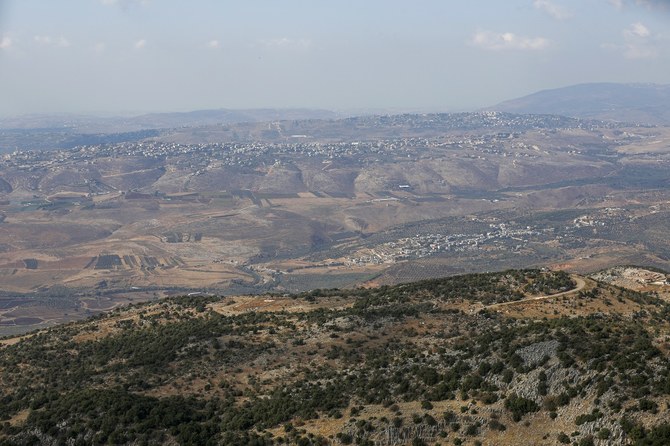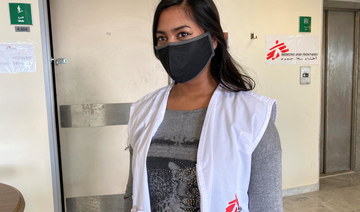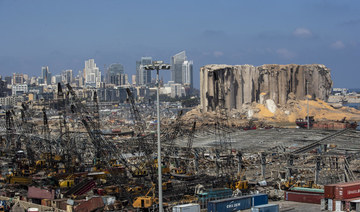LONDON: The UK has sent 100 armored patrol vehicles and a team of paratroopers to Lebanon to help secure its border with Syria and prevent terrorists, drugs and weapons from moving in and out of the country.
The wider region has “festering sores of instability,” Lt. Gen. Sir John Lorimer, the UK ’s senior defense adviser on the Middle East and North Africa, told The Times newspaper.
The vehicles, he said, will be provided to the Lebanese Armed Forces (LAF) and will “help them secure their borders against extremists, terrorists and smugglers.” He added: “If things can go into Lebanon, things can get out of Lebanon.”
The LAF will receive vehicle training from a specialist team of paratroopers upon their delivery.
The vehicles, worth roughly $2 million, were taken out of service after use in Iraq and Afghanistan by the British military.
The UK has previously assisted Lebanon by building watchtowers along the border with Syria, where there have been intermittent incursions and violence from Daesh and other terrorist groups since the conflict in Syria began.
In 2017, the LAF was able to drive Daesh out of Lebanese territory. But there remains a persistent security threat from both Lebanese and Syrian citizens with links to the group.
Last week, Lebanon arrested 18 people with links to Daesh, and according to Asharq Al-Awsat newspaper, several weapons were confiscated.
Rami Mortada, Lebanon’s ambassador to the UK, compared Daesh to a mutating virus. “When you have the original virus and you manage to eliminate it, you think you’ve eliminated it but this virus could come back in a different variant,” he said.
“The same applies to terrorist organizations. We’ve managed to contain one variant of this threat, Daesh 1.0, but the ideology remains,” he added.
“We should remain alert and vigilant for the reappearance of terrorism through possibly a different form.” This, he said, “means what the UK is doing in Lebanon is even more relevant.”














